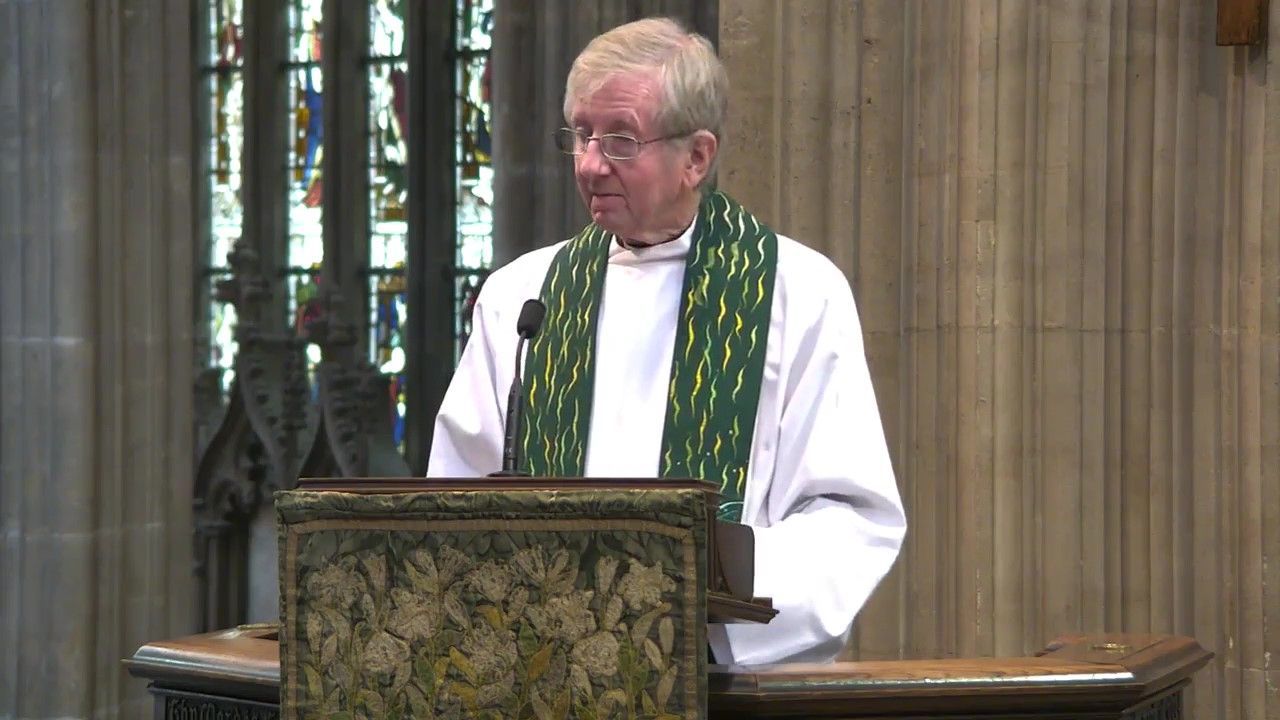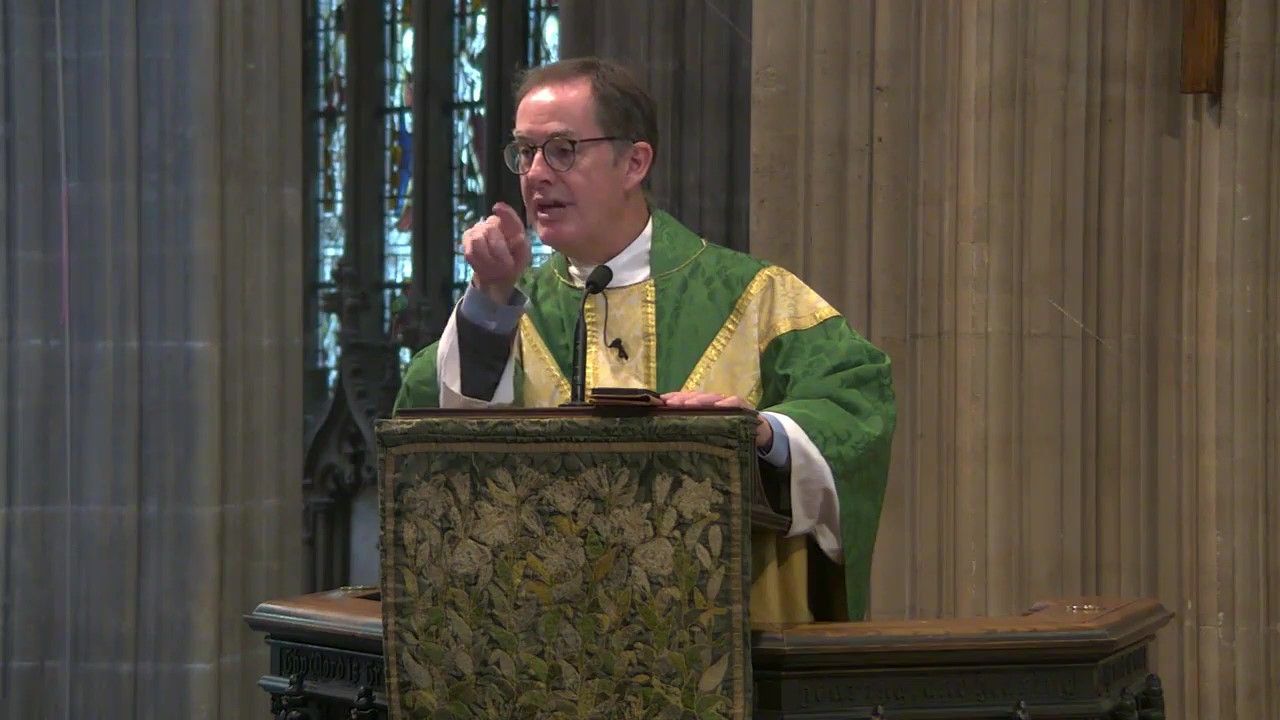Thought for the day
Robert Lowell's Our Lady of Walsingham, read by Richard Wallace
Our Lady of Walsingham
by Robert Lowell
There once the penitents took off their shoes
And then walked barefoot the remaining mile;
And the small trees, a stream and hedgerows file
Slowly along the munching English lane,
Like cows to the old shrine, until you lose
Track of your dragging pain.
The stream flows down under the druid tree,
Shiloah’s whirlpools gurgle and make glad
The castle of God. Sailor, you were glad
And whistled Sion by that stream. But see:
Our Lady, too small for her canopy,
Sits near the altar. There’s no comeliness
At all or charm in that expressionless
Face with its heavy eyelids. As before,
This face, for centuries a memory,
Non est species, neque decor.
Expressionless, expresses God: it goes
Past castled Sion. She knows what God knows,
Not Calvary’s Cross nor crib at Bethlehem
Now, and the world shall come to Walsingham.
More blog posts
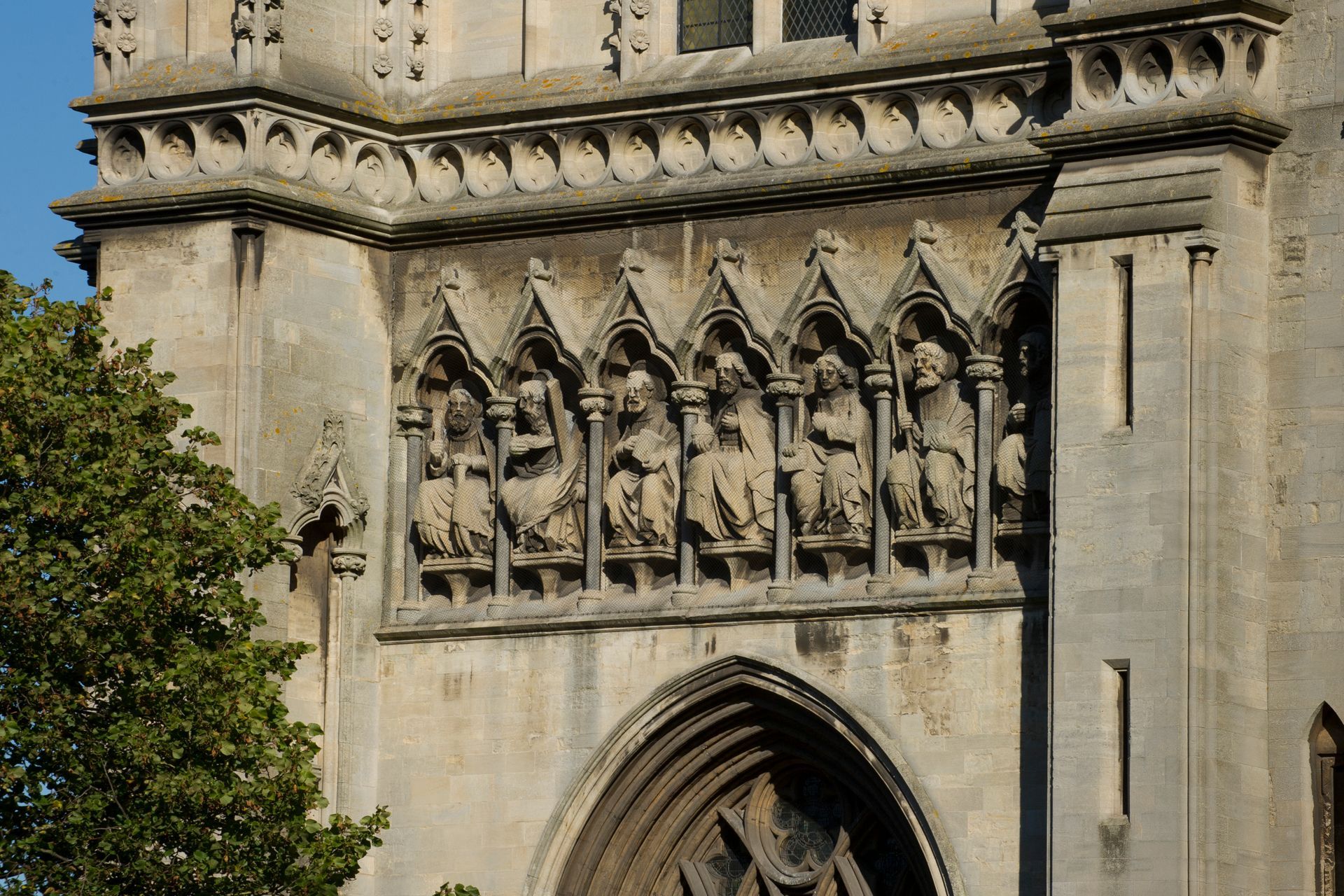
At the beginning of October 2025, Rebecca Horry joined the St Mary Redcliffe team as our new Commercial Manager. Here, she reflects on her first month in post. A big thank you for the warm welcome I have received at St Mary Redcliffe as the new Commercial Manager. It has been a genuinely inspiring start, getting to know the team, understanding the rhythm of church life and beginning to explore the many opportunities that sit within our commercial activities. My role is all about strengthening revenue streams and developing our commercial strategy to generate sustainable income for St Mary Redcliffe. In this short time, I’ve had the chance to listen, learn and to see the heart behind the work we do. It’s clear to me that our commercial activity isn’t simply about generating income, it’s about creating connections, making to most of our unique offer and ensuring our church can continue to flourish for generations to come. One of the great privileges of my first month has been experiencing the incredible music that fills this place, from intimate recitals to large-scale events. There is something truly special about watching the building come alive with sound, seeing audiences uplifted and feeling the space transformed. Connection to music is one of the many gifts we have to offer and celebrate, alongside the amazing heritage story we have to share with our community. My aim moving forward is to bring together a commercial offer that is cohesive, purpose-driven, and sustainably profitable. I want us to build something that not only supports by providing much needed funding but reflects our values and feels genuine to the incredible work already happening here. That means shaping a strategy that is smart and responsible, but also bold enough to embrace new ideas and possibilities. Most of all, I want to help create a commercial offer that feels joined-up, future-focused, and grounded in who we are at St Mary Redcliffe. Much of the work starts with ensuring our foundations are strong, reviewing and ensuring our current offer is working as hard as it possible can for us. Thank you to everyone who has taken the time to share their wisdom, offer encouragement, or simply check in with a friendly word. Your generosity has made this first month fly by and I’m excited for what lies ahead. - Rebecca Horry, Commercial Manager 19 November 2025
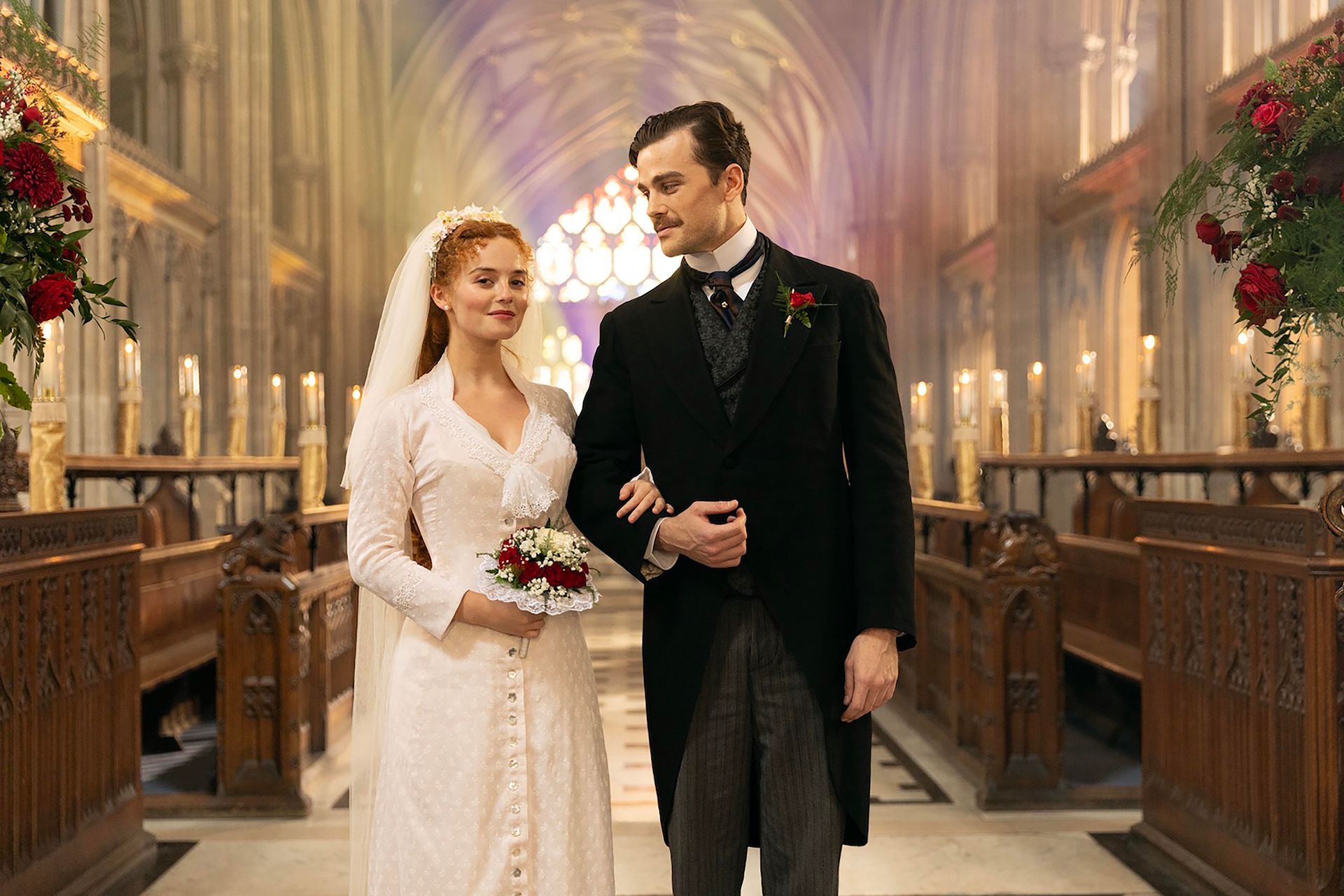
We are so very excited to be part of The Forsytes , a new TV adaptation of John Galsworthy's beloved novels. Produced for Channel 5 and Masterpiece, the show’s first season - which premieres on Monday 20th October 2025 - was filmed almost entirely in and around Bristol between May and August 2024, with significant scenes filmed within St Mary Redcliffe. You can read more about the production on Bristol 24/7 and watch the series' trailer below.
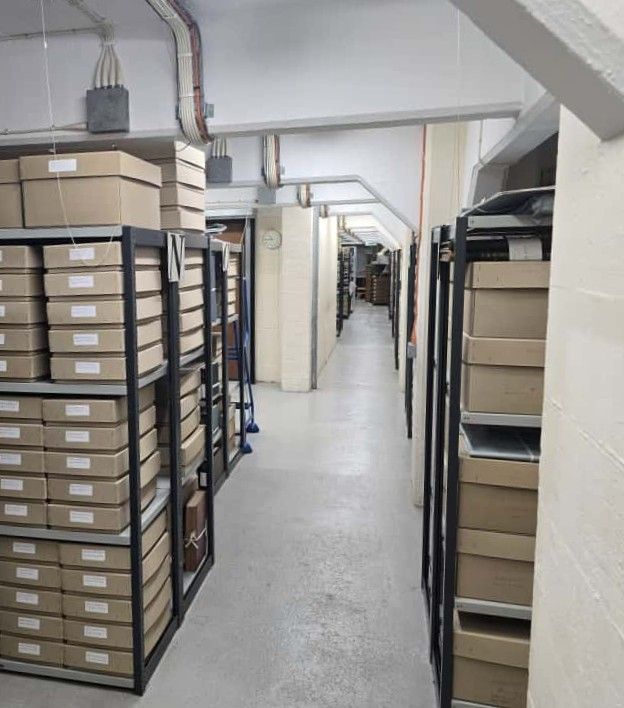
On Monday 13th October 2025, members of the SMR staff team visited Bristol Archives to meet Senior Archivist Lucy Bonner and retired archivist Anne Bradley who has been leading the process of transferring archival documents from the church to the Create Centre - home of Bristol Archives - for a number of years. The purpose of the visit was to gather information on best practice for storing, preserving, organizing and transferring documentation to the archives, and to receive advice on how to meet the challenge of archiving in the digital era in which most documents are created and held digitally, rather than printed. This shift in process has had significant implications for the management of archival material, processes for which must now respond to risks associated with the fast pace of technological change and the likely future redundancy of current forms of digital storage technology. During the visit, the team were shown examples of important documents from the church archives, including the original deed for Redcliffe Pipe and the associated pipe lands, dating from around 1190-1200; the founding charter of Queen Elizabeth's Free School of Grammar and Writing from 1571; the C15th deed for one of William Canynges' chantries; and materials relating to the major Victorian restoration of St Mary Redcliffe that took place between 1842 and 1872. The staff team will continue working with Anne and Bristol Archives to embed processes that will ensure current data is preserved for the benefit of future generations.
